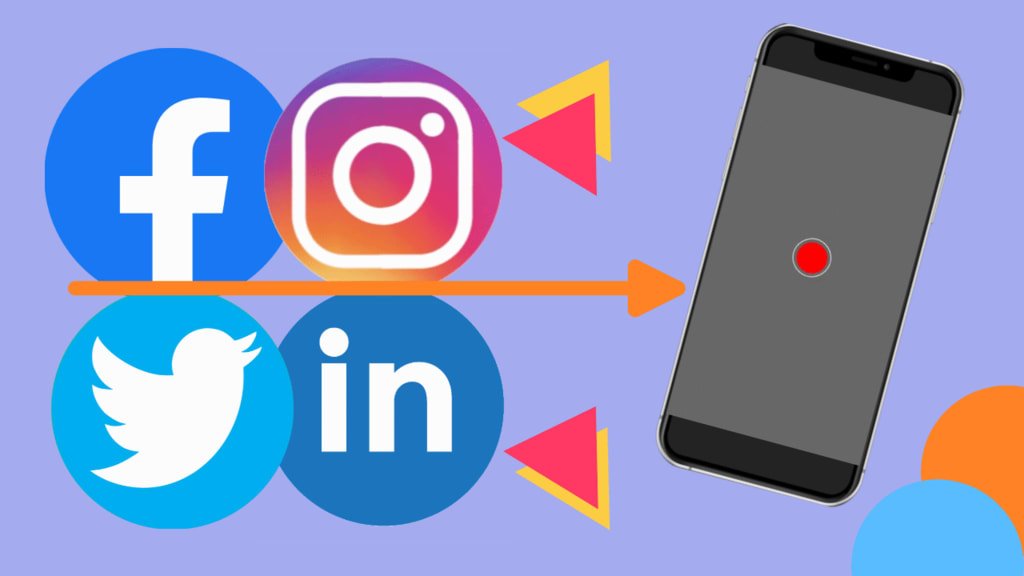How Social Media Impacts Entertainment Culture
Social media platforms have fundamentally reshaped entertainment culture, ushering in a new era of connectivity, engagement, and content consumption. This article explores the multifaceted ways in which social media influences the entertainment landscape, driving significant changes in audience interaction, content creation, and industry dynamics.
Amplification of Audience Reach and Accessibility
One of the most profound impacts of social media on entertainment culture is its ability to amplify audience reach and democratize access to content. Unlike traditional media channels that relied on gatekeepers like studios and networks, social media allows artists, filmmakers, and content creators to directly connect with global audiences. Platforms such as Instagram, Twitter, and TikTok enable instant dissemination of entertainment content, whether it’s a movie trailer, music video, or behind-the-scenes footage. This direct engagement fosters a sense of community among fans and enhances the visibility of diverse voices and narratives that might otherwise be overlooked.

Instantaneous Fan Engagement and Community Building
Social media platforms facilitate real-time interaction between fans and their favorite celebrities, shows, or movies. Celebrities and content creators use platforms like Facebook Live, Instagram Stories, and Twitter polls to engage directly with their audience, offering glimpses into their personal lives and creative processes. This transparency and accessibility foster deeper connections and loyalty among fans, who feel more connected to the entertainers they follow. Fan communities thrive through hashtags, fan art, and shared experiences, creating a virtual ecosystem where discussions and fandoms flourish.
Viral Marketing Strategies and Promotion
The viral nature of social media has revolutionized marketing strategies within the entertainment industry. Studios and production companies leverage platforms to generate buzz around new releases through teaser trailers, exclusive clips, and interactive campaigns. Influencers and micro-influencers play a pivotal role in spreading content virally among their followers, effectively becoming digital ambassadors for movies, TV shows, and events. This word-of-mouth marketing amplifies the visibility of entertainment products and drives engagement, often leading to increased ticket sales, streaming numbers, and merchandise purchases.
Influence on Content Creation and Audience Feedback
Social media analytics provide invaluable insights into audience preferences and behavior, informing content creators’ decisions and strategies. Creators can gauge audience reactions in real time, adjusting storytelling elements, character arcs, or plotlines based on feedback and engagement metrics. Platforms like YouTube and Twitch empower creators to experiment with new formats, collaborate with other influencers, and monetize their content through ads, sponsorships, and merchandise sales. This data-driven approach ensures that entertainment content remains relevant and resonant with target demographics, enhancing viewer satisfaction and retention.
Rise of User-Generated Content and Fandoms
User-generated content (UGC) has become a cornerstone of entertainment culture on social media. Fans create fan art, music remixes, cosplay videos, and fan fiction, celebrating their favorite franchises and characters. Platforms dedicated to fandoms allow enthusiasts to connect globally, share their creations, and participate in virtual events like Comic-Con or fan conventions. UGC not only extends the lifespan of entertainment properties but also deepens audience engagement and emotional investment in the content they love.
Challenges and Ethical Considerations
While social media offers unprecedented opportunities for engagement and promotion, it also presents challenges and ethical considerations for the entertainment industry. Issues such as online harassment, misinformation, and digital piracy can tarnish a brand’s reputation and impact creator well-being. Studios and celebrities must navigate these challenges carefully, implementing strategies for crisis management, moderation, and safeguarding intellectual property rights to protect their integrity and audience trust.
Redefining Celebrity and Influence in the Digital Age
Social media platforms have democratized celebrity status, allowing influencers and content creators to amass large followings based on their authenticity, creativity, and relatability. The influencer economy has blurred the lines between traditional celebrities and digital stars, with influencers securing lucrative brand partnerships, sponsorships, and endorsement deals. This shift has redefined how influence is measured within entertainment, emphasizing engagement metrics, content quality, and audience trust over traditional fame metrics.
Future Trends and Innovations
Looking ahead, social media continues to drive innovation within the entertainment industry through emerging technologies and interactive experiences. Augmented reality (AR) filters, virtual reality (VR) experiences, and interactive storytelling formats promise to immerse audiences in new ways, bridging the gap between digital content and real-world interactions. Social media platforms will likely continue evolving as hubs for entertainment discovery, community building, and cultural discourse, shaping the future landscape of entertainment consumption.
Conclusion
In conclusion, social media’s impact on entertainment culture is profound and multifaceted, influencing audience reach, fan engagement, content creation, and industry practices. As platforms evolve and user behaviours shift, the relationship between social media and entertainment will continue to shape trends, narratives, and audience expectations. Embracing the opportunities and navigating the challenges posed by social media remains essential for stakeholders in the ever-evolving entertainment landscape.




786game
Yo, 786game is giving some interesting vibes. Gave it a shot and its quite fun! Check them out when you have a chance 786game.
binance
I don’t think the title of your article matches the content lol. Just kidding, mainly because I had some doubts after reading the article.
Daftar di Binance
Your point of view caught my eye and was very interesting. Thanks. I have a question for you. https://www.binance.info/uk-UA/register?ref=XZNNWTW7
Registro en Binance
Thanks for sharing. I read many of your blog posts, cool, your blog is very good. https://accounts.binance.com/register-person?ref=IHJUI7TF
binance registrace
Thanks for sharing. I read many of your blog posts, cool, your blog is very good. https://accounts.binance.info/en-ZA/register?ref=B4EPR6J0
Binance注册奖金
Your point of view caught my eye and was very interesting. Thanks. I have a question for you.